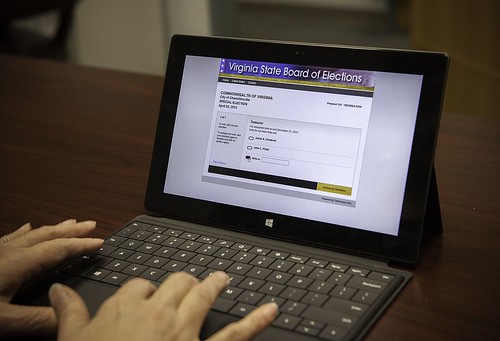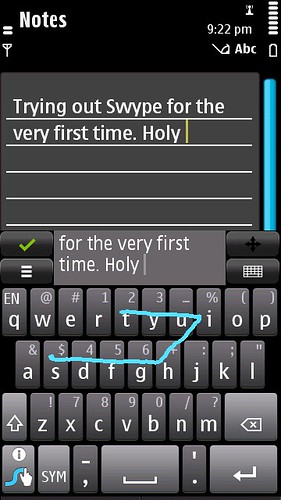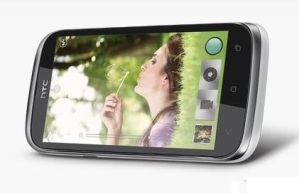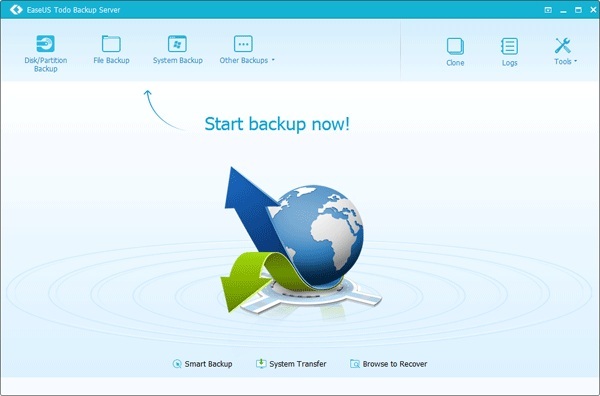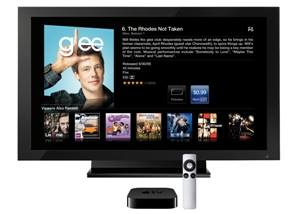Technology has come a long way over the last few years, and one of the most pronounced examples of this is in our current of smartphones and tablets. These are devices that are small enough and convenient enough to be held in one hand while we recline on the couch, but that at the same time give us access to the same kind of power and connectivity that we would have previously associated only with large, hulking desktop PCs.
But this is not to say that smartphones and tablets are perfect, or that they have come as far as they can. In all likelihood we are going to see changes in the next ten years that make the last decade seem like it moved slowly. There is plenty of room for improvement, lots of financial incentive to encourage this development, and a ton of new technology to facilitate it.
So progress in this industry is a given, but what sort of things can we expect to see? And more to the point, what would we want to see happen in that time? Read on and take a look at my wish list for the phones and tablets of tomorrow…
Foldable Screens
Samsung has already demonstrated its ability to create malleable and folding screens, which is something that has an instantly sci-fi appeal to it. As yet we haven’t seen these screens in use however, and in the near future Samsung have warned that we’re only likely to see them used to reduce scratches and bumps rather than to create folding devices.
But in a few years, folding devices might very well be a reality. Imagine being able to take a tiny phone out of your pocket, then unfold it to reveal a nice big screen and full sized keyboard for proper productivity. It would feel like having a real-life transformer, and it would greatly reduce the need for multiple devices. Of course it’s crucial that these devices still have an appealing form factor and that they don’t leave creases once they’ve been unfolded – things you can bet Samsung are looking into right now.
Legacy Software
One of my favourite tablet devices is the Surface Pro. Why? Because it allows me to run all of my regular Windows software on it as though it were a PC. This allows me to sit on the couch and sketch images with the stylus for my website, or to play computer games on the move.
This is something I’d like to see a lot more of on devices going forward. I’d like to see Android running full Linux software, and iPads running software designed for MacOS. The iPhone now uses a 64bit processor, so we can’t be that far from it being possible – we just need a manufacturer to take the leap and stop relying on ARM chips (ARM chips are very effective at doing single jobs efficiently but not so hot at multitasking).
And furthermore, I’d like to see these small devices load that legacy software in a way that makes it more suitable for touch input. I wanted to program on my Surface in-front of the TV but I can’t. Why? Because the scroll wheel is too tiny and the on-screen keyboard keeps getting in the way. A truly smart operating system will alter these features on-the-fly so that you have the productivity of a PC and the convenience of a tablet.
Intuitive Keyboards
The other thing that’s holding us back when it comes to productivity on these devices is the keyboards. Touchscreen keyboards just aren’t accurate enough or quick enough for writing long essays. Again, Microsoft’s ‘touch cover’ offers one solution, as does ‘Skype’. As yet though, there is still no way to quickly input text with one hand without looking. The company that cracks this will be rich.
Longer Batteries
If there’s one thing that prevents you from using your smartphone 24/7, it’s probably the battery. If you enjoy games, music and YouTube, then your smartphone might last as little as a few hours which really limits what it can be useful for. It’s a given that battery power will increase over time, but what’s even more interesting is wireless charging. Dongles that you can plug into your devices to keep them permanently charged when you’re at home are just around the corner and this is going to change the amount you use your tech.

